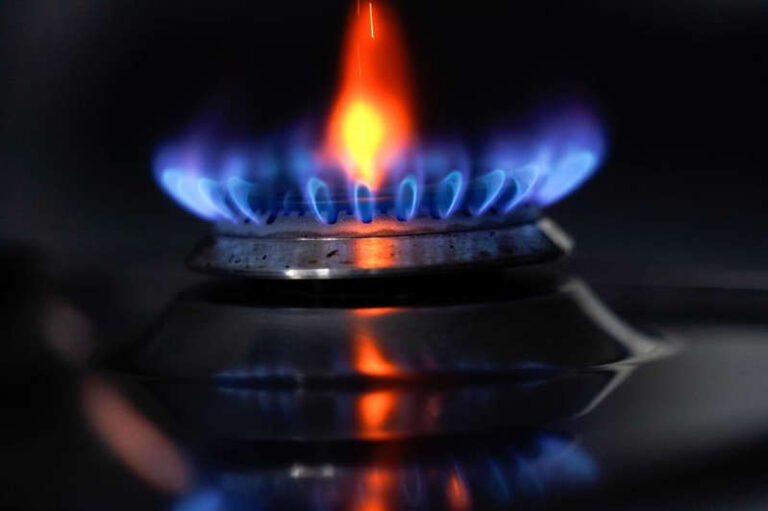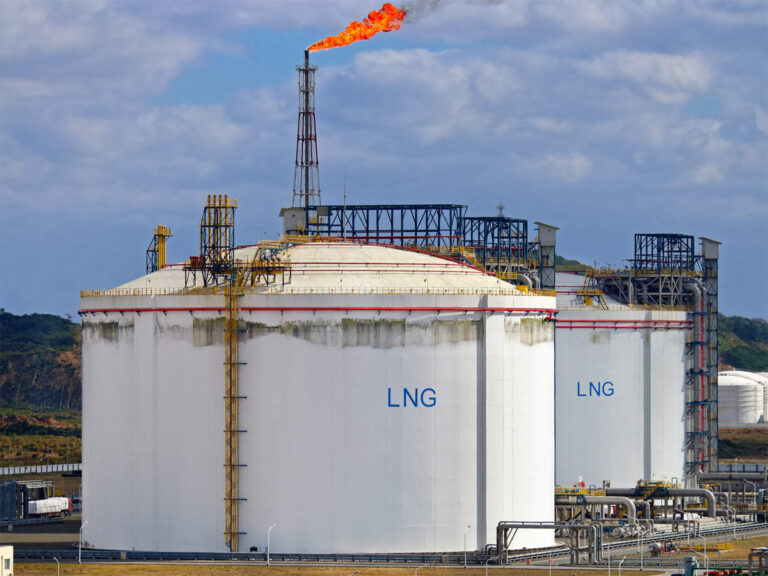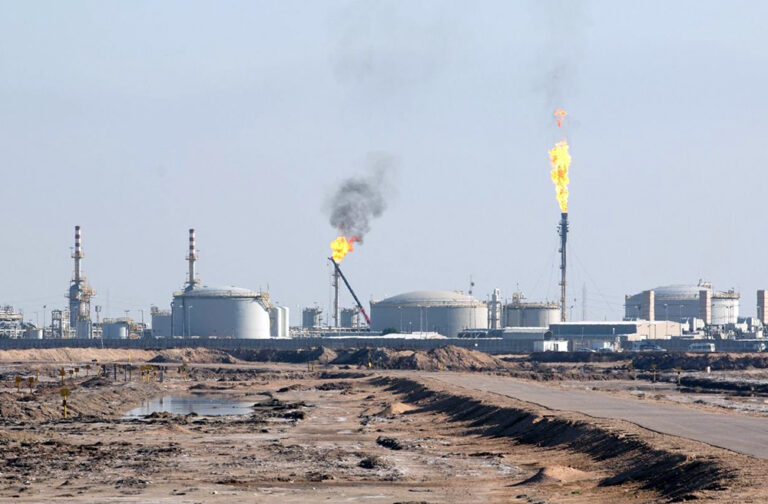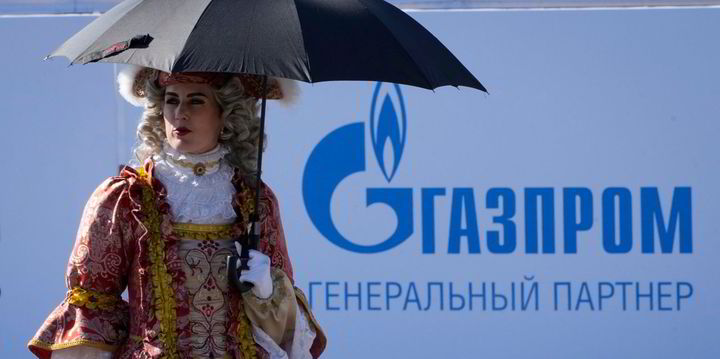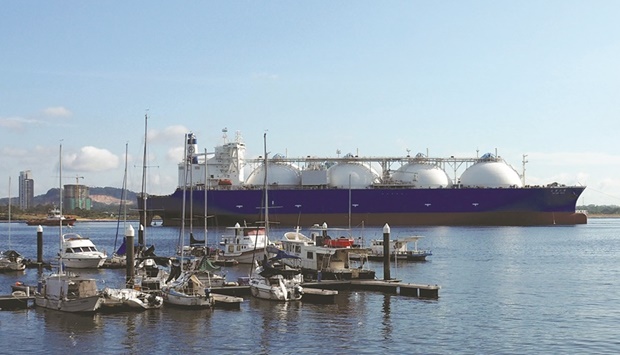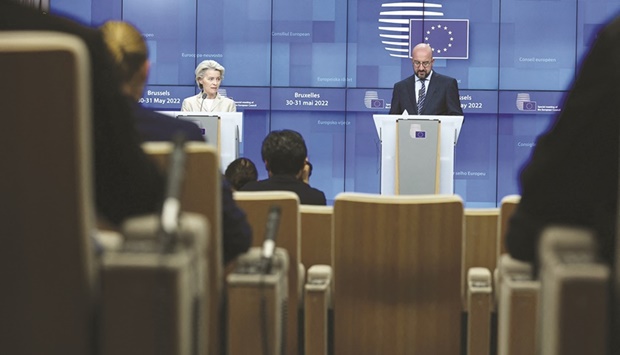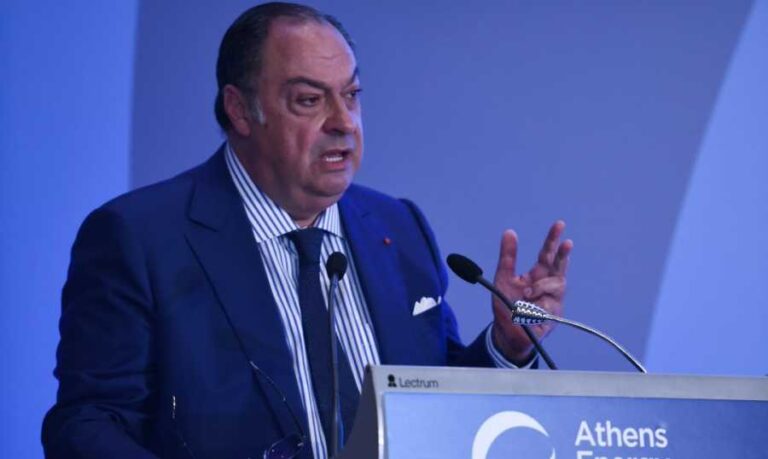Europe’s oil embargo is not enough

By Sergei Guriev/ Paris
Vladimir Putin needs petrodollars, and he needs them now. Many expected Russia’s president to issue a formal declaration of war on Ukraine, a move that would permit the full mobilisation of Russia’s reserve forces. But while Putin may want to send more soldiers to Ukraine, he cannot afford to do so. Will the European Union’s newly announced oil embargo force him to wind down the invasion?
Already, the Kremlin has toned down its propaganda. There is no more talk of taking Kyiv. Putin’s only goal now, apparently, is to occupy the eastern Donbas region. But even there, Putin is not guaranteed victory, as that is where Ukraine has launched its so-called Joint Forces Operation, which includes its best-trained military units – increasingly armed with advanced Western military equipment.
Russia, meanwhile, has lost much of its modern military equipment, and Western sanctions have left it unable to replenish its stocks. With few options, Russia is now unpacking Soviet-era tanks.
The only way Putin can make up for the lack of equipment is to send more soldiers. But drafting new conscripts is an unpopular idea, so Putin has resorted to paying people to fight for Russia – and no pittance, either. Recruits are now reportedly receiving $3,000-$5,000 per month. But, the recent decision to scrap the age limit for army recruits suggests that even the prospect of earning pay that is an order of magnitude higher than the average wage in the median Russian region is not attracting enough fighters.
Recently published budget data from Russia’s finance ministry suggests that Putin can hardly afford to cover the war’s mounting costs. The data confirm, first, that the war has been expensive, with military spending having increased by almost 130% last month, to 630bn roubles ($10.2bn), or 6% of annual GDP on a prorated basis.
The data also show that Russia ran a fiscal deficit of more than 260bn roubles in April, or 2.5% of GDP when prorated to annual figures. While global oil prices are very high, Russia has been selling its oil at a huge discount – accepting $70 per barrel for Urals crude in recent weeks, 30% below the market price – while overall output is set to decline by 10% this year. Meanwhile, non-hydrocarbon revenues have plummeted, leaving oil and gas taxes accounting for more than 60% of fiscal revenues, compared to less than 40% a year ago.
Putin’s dependence on petrodollars means that, by announcing an embargo on about 90% of Russian oil imports within the next 6-8 months, the European Union is hitting Russia where it hurts. Putin is now all but certain to face a major fiscal crisis within a year, making it difficult to sustain his war in Ukraine, let alone invade another country.
The problem is that the embargo will help Putin in the short term. The mere announcement of it has already caused oil prices to spike. That is why Europe should complement its oil embargo with additional, immediate measures. Two options stand out.
The first – which Ricardo Hausmann proposed immediately after the invasion, and which others have shown can be implemented quickly – is a high tariff on Russian oil imports. This approach makes perfect economic sense. Every euro spent on Russian oil helps Putin finance his violent campaign in Ukraine. This is a “blood externality,” and should be priced accordingly. Part of the amount paid by buyers of Russian hydrocarbons should be transferred to Ukraine as reparations or stored in special escrow accounts until reparations are formally awarded.
But at a time when European households are facing soaring energy costs, there is little political appetite for an oil tax. With this in mind, Italian Prime Minister Mario Draghi has proposed an alternative solution: a price cap. Under this proposal – which the European Council has instructed the Commission to assess – Western countries would pay a lower price for Russian oil and gas, and impose secondary sanctions on third parties that pay Russia more.
A price cap could be implemented immediately – say, at $70 per barrel – and lowered by about $10 each month the war continues. Yes, Putin could refuse to sell oil at this price. But, given that he is already desperate enough to sell to China and India at steep discounts, and today’s energy prices far exceed production costs, this seems unlikely.
Instead, Russia would probably continue supplying oil and gas to Western buyers at the capped price, while buyers like China and India, under threat of sanctions, would have no reason to pay more. This would provide consumers relief from high energy prices and cause Russia’s revenues to decline sharply.
Some might argue that price caps distort incentives – in this case, the incentive to adopt renewables. But this argument applies only to a competitive market. In today’s oil and gas market, prices far exceed marginal costs, and the global oil cartel Opec+ (which includes Russia) has only recently agreed to increase production in July and August. Russian gas supplier Gazprom was likely manipulating prices in Europe even before the war. Such monopolistic behaviour warrants a price cap.
Another frequent argument against a price cap is that it may spur a black market. This is a real risk. Already, European energy companies have begun combining Russian petroleum products with others – a “Latvian blend” – so that they can take advantage of lower prices, while claiming not to support Putin’s war machine. But these firms are not currently violating any laws. If a price cap were implemented, they would be. Given public outrage at the war, the West’s commitment to secondary sanctions, and the rise of citizen-led investigations relying on open-source intelligence, it would be very difficult, if not impossible, to get away with such rule-breaking.
The EU’s oil embargo will hurt Putin, but not soon enough. Europe must immediately impose a price cap on Russian oil and gas. – Project Syndicate
• Sergei Guriev, a former chief economist of the European Bank for Reconstruction and Development, is Professor of Economics at Sciences Po.
